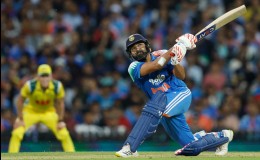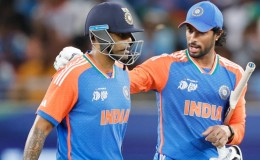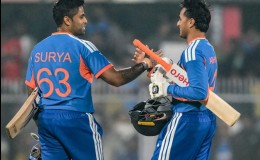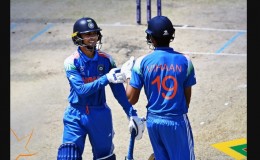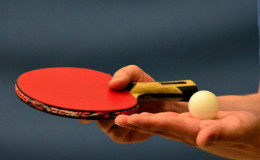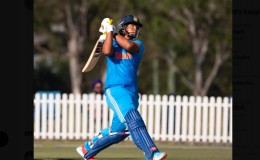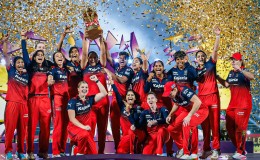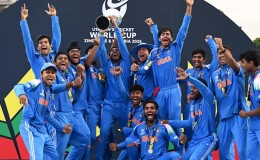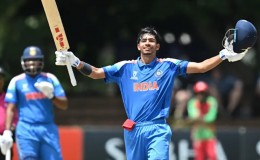New Delhi: A disappointed V. Jayadevan has shot off a letter to International Cricket Council (ICC) president Sharad Pawar seeking a neutral review of his VJD system, which was recently rejected by the world body's cricket committee for evaluating targets in rain-affected matches.
The ICC cricket committee during its annual conference in London last week said there was no need to replace the Duckworth-Lewis (D/L) Method with VJD system, which enjoys the patronage of Sunil Gavaskar.
Jayadevan, reacting to the ICC cricket committee's decision, said it was a biased move and alleged that a certain member of the committee is acting as a spokesperson of the D/L Method. Jayadevan, an engineer from Kerala, requested that the ICC get his VJD system reviewed by a neutral expert from India and not from England.
"In 2005, as directed by ICC, an expert conducted a comparative study of both systems and submitted a report favouring D/L. I had not seen the report before it was placed in the committee and the committee approved that report. Later, the ICC sent me the report and I found that it was full of factual mistakes and the natural inclination of the reviewer also was very clear in that," Jayadevan wrote.
Jayadevan said that in 2009 he reviewed the newly-launched Wincoda 2.0 version of the D/L system and found it unfit for use even at the school-level.
"I made a comprehensive study of its flaws and submitted the report to the ICC. David Richardson, ICC's general manager (cricket), found that there are points in my arguments and invited me to Hong Kong for a presentation of the alternative system I had proposed," he wrote
Jayadevan said when he was pointing out the errors in D/L system, the expert was getting annoyed.
"He (expert) stated that I need not mention all those points because Messers Duckworth & Lewis have already rectified those mistakes and asked me to tell them about VJD system," he said.
"I really felt as if he had not come as a referee but as a spokesman of the D/L. After the presentation, the panel entrusted the same expert to make a comparative study between VJD System and the modified system (Wincoda 3.0) that D/Ls were going to submit. I expressed my unhappiness over engaging the same person to do the study again. But Mr. Richardson promised me that his report would be shown to me and my reactions to that also would be considered before taking a decision," he said.
Jayadevan said when the ICC provided him with another updated version of Wincoda 3.0 he again found that it was full of errors.
"In the meantime, Wincoda 3.0 was implemented probably under the certificate of the expert that it had no more errors. David Richardson sent me the new version of Wincoda 3.0 as soon as it was available. In the first look itself I found that many more mistakes in it were left unresolved. But I kept quiet.
"I got the report of the expert in the last week of March 2012. His general conclusion was that both systems gave sensible results under most occasions, but the D/L system was mathematically and statistically more robust and hence more confidence should be restored in D/L results and that there was no need for a change at that point in time," he said.
Jayadevan said in response to that report, he prepared a 20-page comprehensive report in which he cited that false examples were given to make D/L system look mathematically and statistically robust.
"I had requested David Richardson to invite me for the meeting, mainly because this reviewer is also a member in the ICC Cricket Committee and naturally he would be doing everything to defend his review report.
"I feel that it is the commitment of ICC to provide the best available system to the cricket community. Also I do not want any special consideration as an Indian. But just because of being an Indian, I should not be deprived of natural justice. I humbly request you to take necessary steps to get the two systems evaluated by a neutral person, an expert neither from India nor from England, at the earliest," he said. (IANS)

